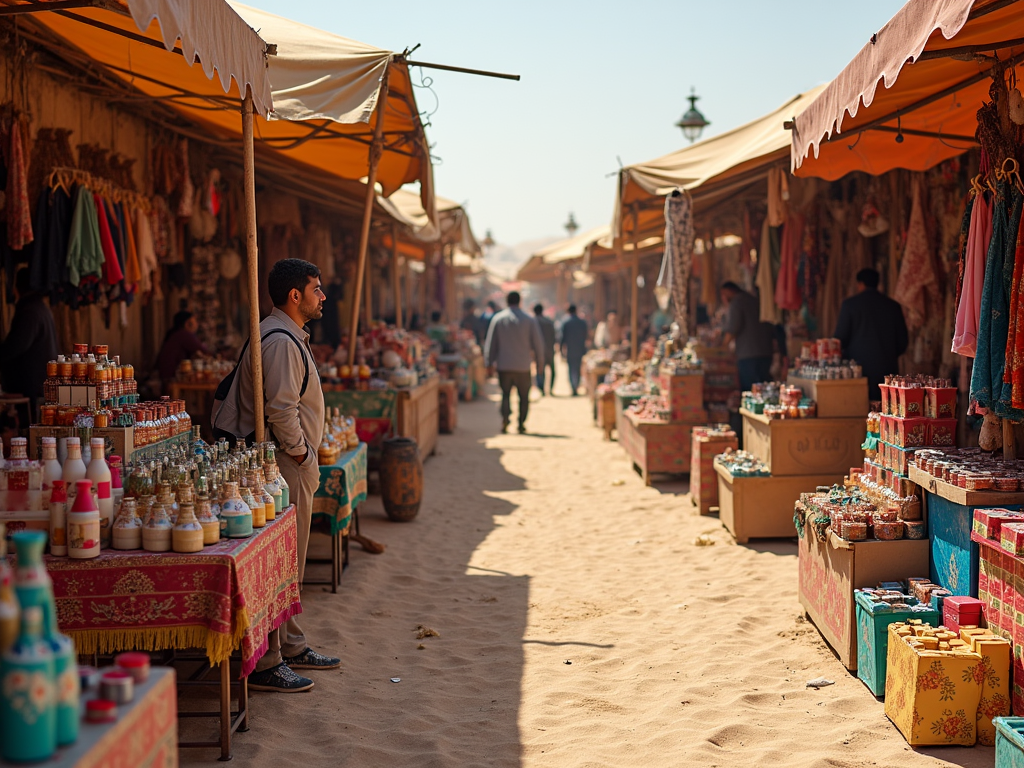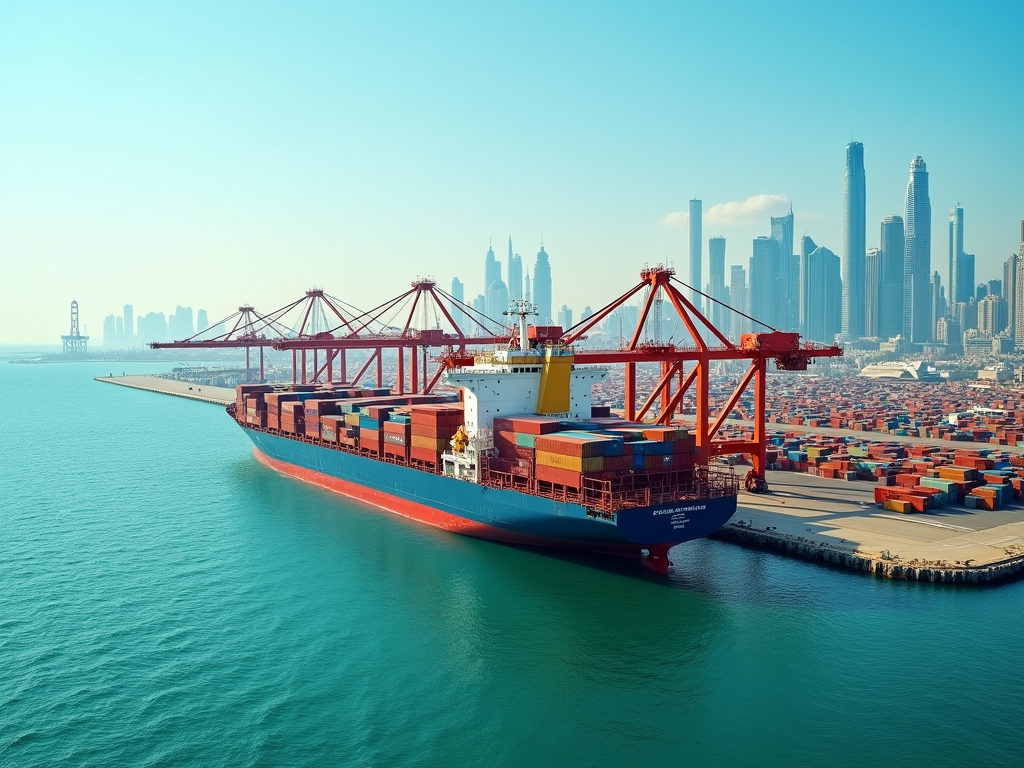International sanctions significantly affect Dubai’s trade landscape, influencing its economic relations and trade dynamics with various countries. As a major global trade hub, Dubai relies on international partnerships to sustain its economy, and sanctions can disrupt these relationships. This article will delve into the ways international sanctions are transforming Dubai’s trade relations, examining the economic implications and shifts in partnerships.
Understanding International Sanctions

International sanctions are restrictive measures imposed by countries or international organizations aimed at compelling a change in policy or behavior from a nation. These can take several forms, including trade restrictions, financial sanctions, travel bans, and arms embargoes. The consequences of sanctions can be far-reaching, affecting everything from commodity prices to bilateral relations. For Dubai, a city that serves as a gateway to the Middle East and beyond, the effects of sanctions are complex and multifaceted.
- Economic Isolation: Sanctions can lead to economic isolation for targeted nations, forcing them to seek alternative markets.
- Trade Diversification: Countries subjected to sanctions may begin to diversify their trade relationships, often seeking partners that are less likely to impose restrictions.
- Impact on Exports: Sanctions can severely limit the ability of countries to export their goods, affecting supply chains globally.
- Investment Withdrawal: Companies may withdraw investments from nations facing sanctions due to legal or reputational risks.
Dubai as a Global Trade Hub

Dubai has established itself as a global trade hub by facilitating international trade across various sectors, including finance, logistics, and tourism. The city benefits from a strategic geographic location, modern infrastructure, and a robust business environment. This positioning enables Dubai to engage efficiently in trade with countries in Asia, Europe, Africa, and the Americas. However, the introduction of sanctions against specific countries can lead to fluctuating trade dynamics, causing Dubai to adapt its strategies to maintain its status as a leading trading partner in the region.
For example, sanctions imposed on Iran and Syria significantly impacted Dubai’s trade with these nations. Despite tensions and restrictions, Dubai often finds itself at the crossroads of trade, navigating complex relationships and adapting its commerce strategies.
The imposition of international sanctions has prompted Dubai to reevaluate and shift its trade relationships. Countries facing sanctions may find Dubai an attractive alternative for trading purposes, while Dubai itself must consider how these changes impact its own economic interests. As a result, several notable shifts are emerging:
- Increased Trade with Non-Sanctioned Countries: As certain markets close due to sanctions, Dubai has increased trade with countries not participating in those sanctions, often seeking to fill the void left by restricted nations.
- Room for Growth in Emerging Markets: Sanctioned countries often look towards Dubai as a trade intermediary, creating opportunities for growth and expansion into emerging markets.
- Strengthened Economic Alliances: Nations subjected to sanctions often band together, leading Dubai to forge new partnerships to sustain trade.
- Increased Regulatory Scrutiny: To navigate the complexities of sanctions, businesses in Dubai are more focused on compliance measures to avoid unintentional violations.
Economic Consequences of Sanctions on Dubai
The economic consequences of international sanctions on Dubai can be both direct and indirect. Initially, affected industries may experience a drastic drop in trade volume, leading to reduced revenues and potential job losses. However, this is often accompanied by a period of adjustment where businesses adapt and discover alternative paths to sustain their operations.
Furthermore, Dubai’s economy, which heavily relies on sectors including logistics, tourism, and finance, may witness a ripple effect from sanctions. This can result in:
- Volatility in Commodity Prices: Sanctions can lead to unpredictable shifts in commodity prices, affecting both import and export markets in Dubai.
- Changes in Currency Value: Nations facing sanctions often experience fluctuations in currency value, influencing Dubai’s financial ecosystem.
- Market Instability: Trade instability with sanctioned nations can create uncertainty in the market affecting investor confidence.
Conclusion
The impact of international sanctions on Dubai’s trade relations serves as a critical reminder of the interconnectedness of global trade. While sanctions aim to bring about political change, their consequences can lead to both challenges and opportunities for Dubai. The city’s ability to adapt and forge new trade partnerships amidst changing dynamics will ultimately determine its resilience and standing as a global trade hub. By identifying trends and shifts in relationships, Dubai can navigate these turbulent waters and maintain its economic relevance in a rapidly evolving international landscape.
FAQ
1. What are international sanctions?
International sanctions are measures imposed by countries or international organizations to compel a change in actions or policies of targeted nations, often involving trade restrictions, financial sanctions, or travel bans.
2. How do sanctions affect Dubai’s economy?
Sanctions can lead to reduced trade volumes, economic isolation for affected nations, and create shifts in market relationships, directly impacting Dubai’s diverse sectors such as logistics, finance, and tourism.
3. How does Dubai adapt to changing trade relationships?
Dubai adapts by identifying alternative trade partners, exploring emerging markets, and strengthening regulatory compliance to navigate the complexities introduced by international sanctions.
4. Which countries have affected Dubai’s trade relations?
Countries like Iran and Syria have historically affected Dubai’s trade, particularly when subjected to international sanctions, prompting shifts in trade dynamics and relationships.
5. What are the long-term implications of sanctions for Dubai?
Long-term implications may include sustained market volatility, the necessity for continuous adaptation to regulatory changes, and potential shifts in Dubai’s strategic trade partnerships to maintain its global trade hub status.









